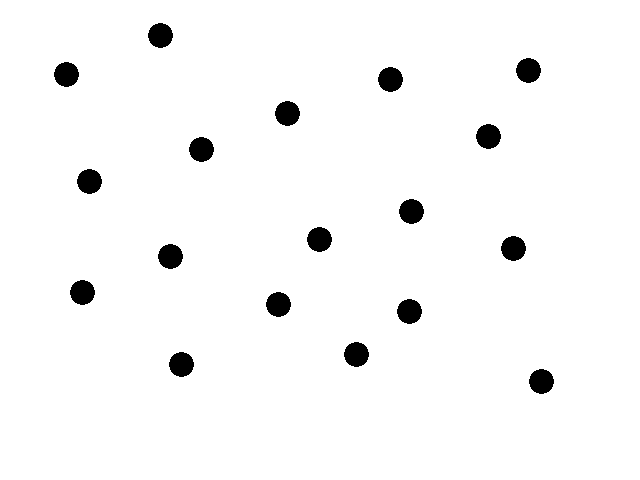Educating for Democracy: Connecting the Dots

The recent debates of the Republican Presidential candidates sadly suggested to me as an educator how unlikely it would be for the viewers and voters to separate fact from fiction. History, to many American students, has always been "a thing of the past." It's all a matter of connecting the dots which most all of the presidential candidates would like to disconnect. Knowing a certain amount of history, or, more to the point, remembering some significant dates, names and events can be, I believe, very important for American citizens to remember in order to be well-informed voters; those who know how to "connect the dots." What makes it easier for politicians to "disconnect the dots"is Americans' woeful ignorance of history and civics. In a report several years ago, from "The Wire," it was observed:
Many Americans know U.S. students' test scores on subjects like math and reading are low. In civics, however, they're appalling. On the National Assessment of Educational Progress, a respected, voluntary nationwide test, 22 percent of students test proficient in civics, and only 18 percent rate proficient in U.S. history. American citizenship depends on its citizens sharing some body of knowledge together about the political structure that governs their daily lives. -- report coauthor Sandra Stotsky, who led Massachusetts in developing some ofthe country's best education standards in the 1990s.
Moreover, in today's obsession with facts both trivial and significant, it's hard to keep up with what is really fact from what is "disconnecting the dots."
The presidential debates I witnessed were so full of misstatements, exaggerations and some plain lies that it should have been expected for some of the commentators to point them out, although it would be more assuring if the viewers could do so themselves. But it seems that the core constituents don't seem to be concerned about the facts but about the "delivery" skills of the candidates. There was little fact checking that I could tell from the networks; and those few errors cited had little of substance to be really informative.
An example of disconnecting the dots was demonstrated by former governor Mike Huckabee of Arkansas: one of the Presidential candidates. Pandering to the Jewish voters as Evengelicals often do in order to hasten "The Second Coming,"he claims that the nuclear agreement with Iran will put the U.S. and the rest of the world in danger of being overwhelmed by Jihadists. It's alarming, certainly, but unless you connect the dots it would seem from Huckabee's tirade that no other Middle Eastern countries such as Pakistan and Israel have had the bomb for decades. Given that those countries as well as India have the ultimate weapon and for some good reasons the crazies don't seem to be able to get hold of one for their "Second Coming," all Huckabee's hysteria will do is make some of the electorate advocate scrapping the agreement with Iran and be willing to put American "boots on the ground" which has already been shown to be a futile and costly gesture..
But even one of the "moderate" candidates at the debate, Governor John Kasich of Ohio, demonstrated his disconnect of the dots when he casually mentioned that Educating for Democracy: Connecting the Dots | Joel Shatzky:
